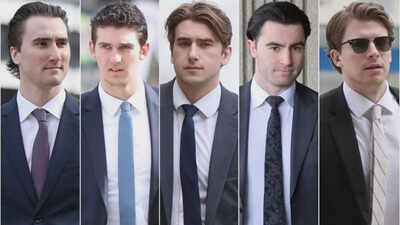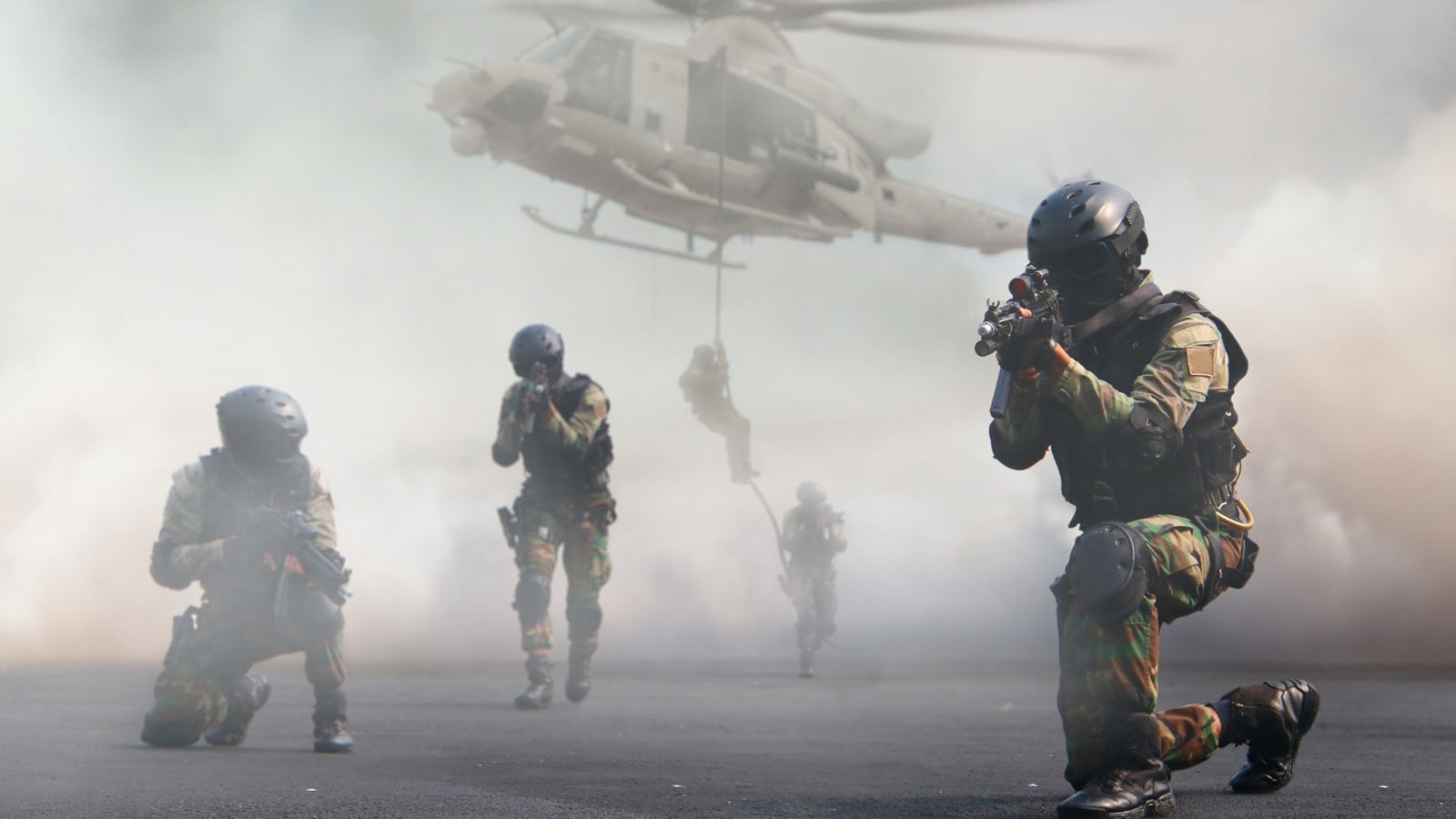ARTICLE AD BOX

Hockey Canada trial twist: Defense casts major doubts on reliability of woman’s testimony (Credit: The Candian Free Press)
In a gripping courtroom showdown that could have far-reaching implications for Canadian sports and justice, defense lawyers launched their closing arguments on Monday in the high-profile Hockey Canada sexual assault trial.
The defense wasted no time in directly challenging the credibility of the complainant, known only as E.M., asserting she had fabricated her claims after a night of consensual sex that she later regretted.
Hockey Canada case heats up as defense discredits complainant
David Humphrey, attorney for NHL player Michael McLeod, stood before a packed courtroom and stated bluntly, “We submit she’s simply not an honest or a reliable witness.” With these words, Humphrey laid the foundation for a hard-hitting argument that depicted E.M.
as someone who reconstructed her experience into a narrative of victimhood, allegedly to garner sympathy and support her multi-million-dollar civil lawsuit.E.M. has accused McLeod and four other players—Carter Hart, Alex Formenton, Dillon Dubé, and Cal Foote—of sexually assaulting her over several hours in a London, Ontario, hotel room in June 2018. The players, in town celebrating their 2018 World Junior Championship gold medal, have all pleaded not guilty.
The defense’s case hinges on significant inconsistencies they say are present in E.M.’s account. According to Humphrey, E.M. initially admitted to consensual sex with McLeod after a night of drinking and dancing. However, she later claimed she was frightened and traumatized when multiple men entered the room and coerced her into disturbing sexual acts, including being spit on, slapped, and asked to insert golf equipment into her body.But the defense pushed back hard on those claims. They pointed to group text messages from McLeod inviting teammates for a “3 way quick,” arguing that the tone of the texts and subsequent testimonies from players portrayed E.M. as an initiator, not a victim. Several players recalled that she encouraged sexual interaction and even mocked those who declined.Humphrey described her account as riddled with what he called a “cornucopia of credibility and reliability concerns,” and even went as far as to call the case “an embarrassment of riches” for the defense.
He emphasized that in her initial police interview, E.M. never mentioned the fear she would later highlight in court. This, he suggested, was because she was crafting a narrative to support her $3.55 million lawsuit, which was eventually settled in 2022.E.M., however, testified that she felt too uncomfortable during the initial police interview to fully open up, especially with a male detective she had never met.
She said she was still in shock and trying to process what had happened. But the defense has framed this omission as strategic, questioning whether the fear was genuine or introduced later to strengthen her legal case.According to Humphrey, E.M.'s decision to recast her night as non-consensual may have stemmed from personal shame rather than actual trauma. “She didn’t want to take responsibility for her actions,” he argued, suggesting that a “white lie” told to her mother snowballed into a criminal complaint and national scandal.As Justice Maria Carroccia listens to the final arguments in the eighth week of this emotionally charged trial, the outcome remains uncertain. What is clear, though, is that the defense is pulling no punches, aggressively pushing the narrative that this case is less about assault and more about regret, reputation, and legal strategy. The verdict, whenever it comes, will be watched closely—not just for the fate of the accused players, but for the broader message it sends about consent, accountability, and justice in the world of professional sports.Also Read: Why did 2025 NHL Draft prospect Michael Misa win the prestigious E.J. McGuire Award of Excellence?



.png)
.png)
.png)
















 3 hours ago
4
3 hours ago
4









 English (US) ·
English (US) ·